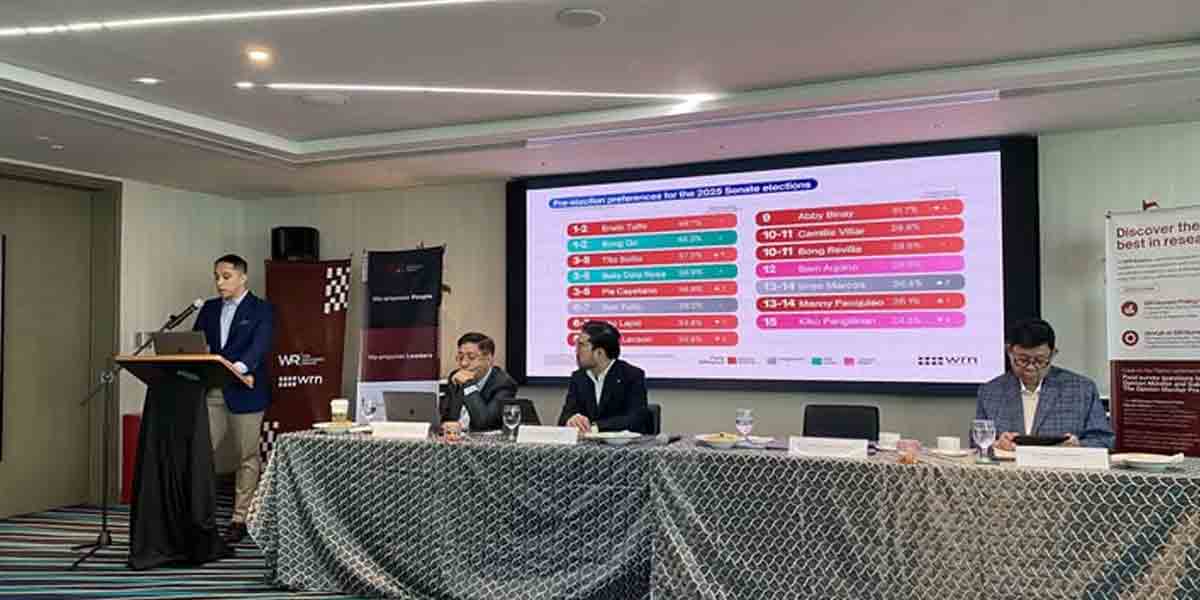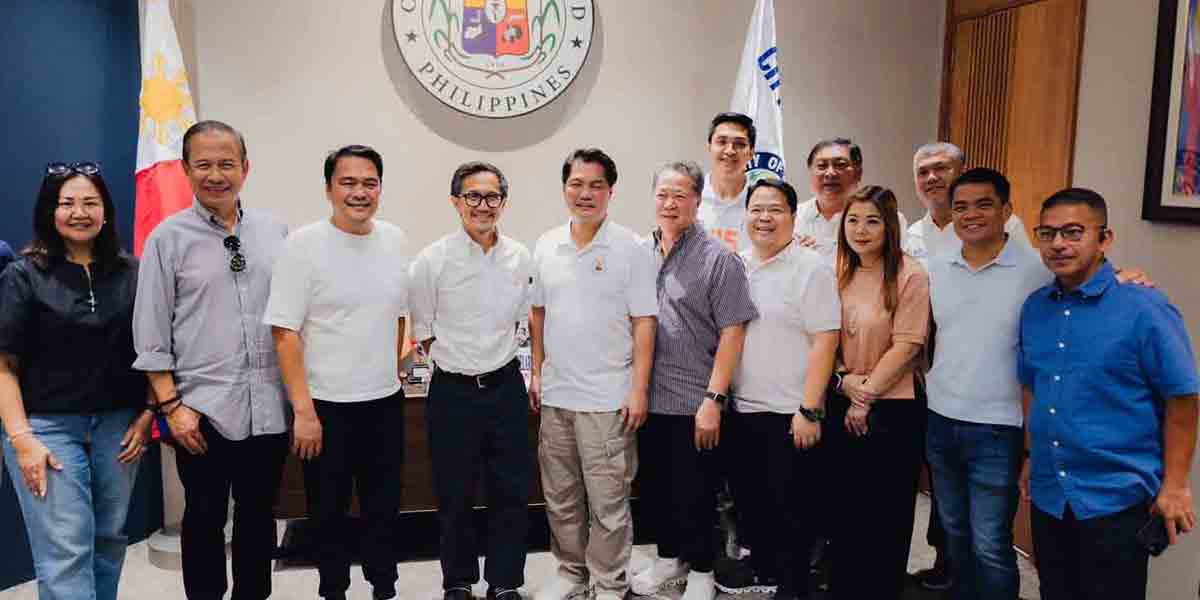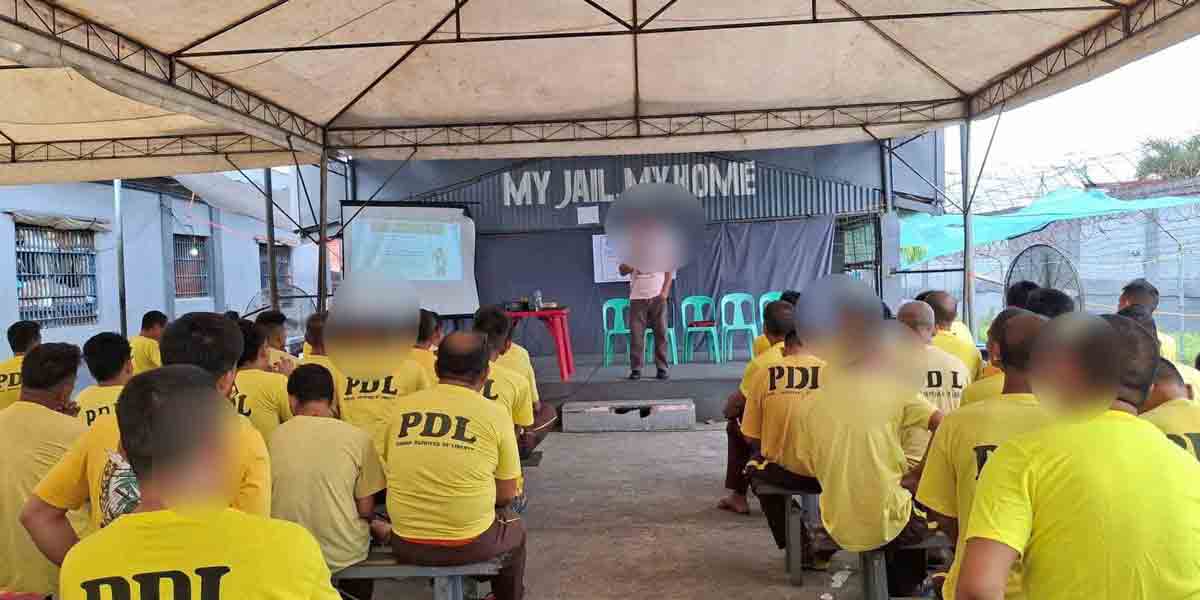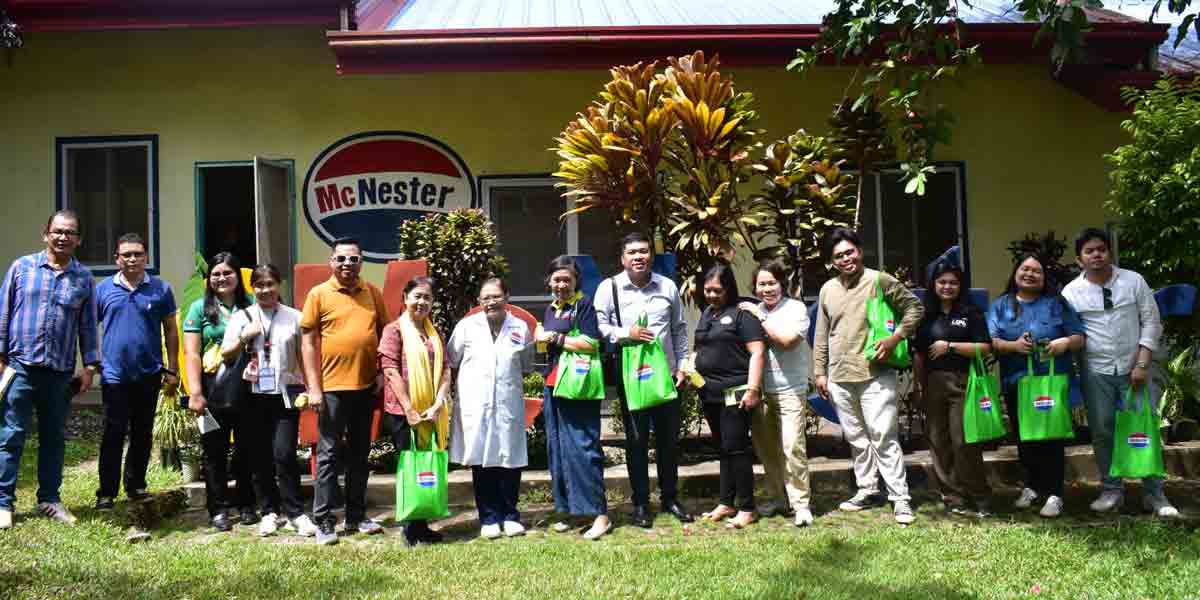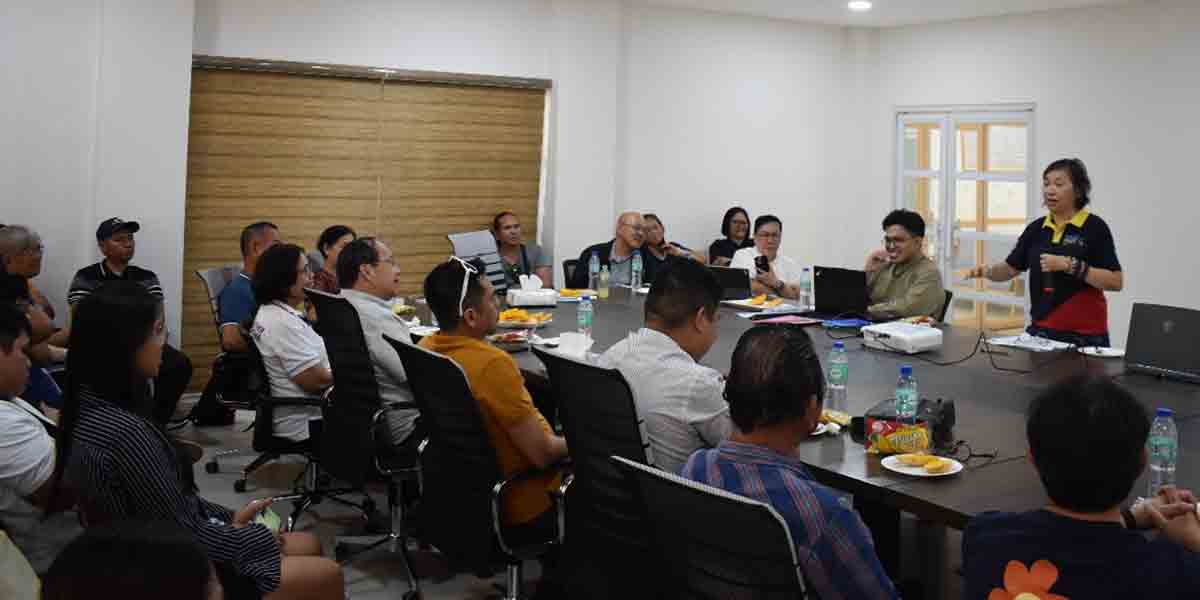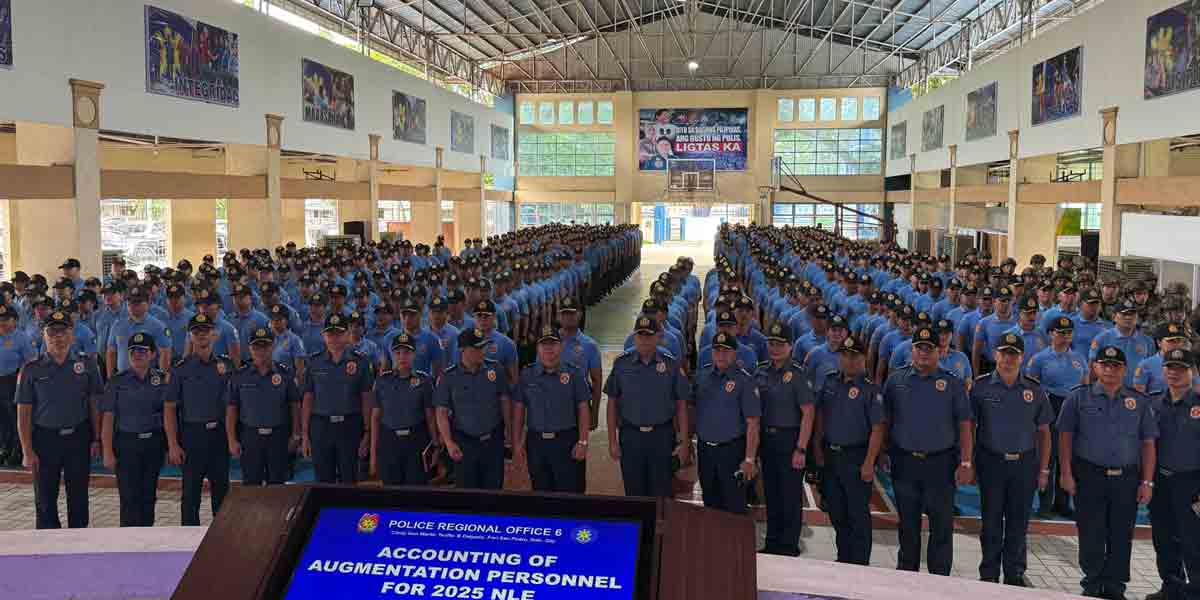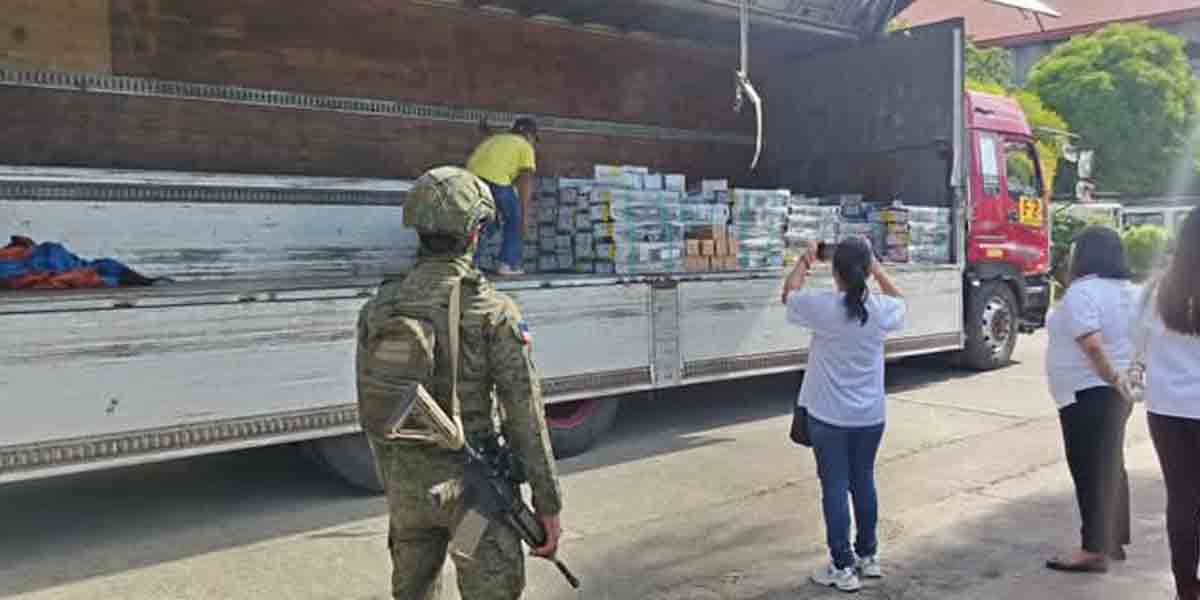
By Mariela Angella Oladive
While vote buying has long plagued Philippine elections, the Commission on Elections (COMELEC) Region 6 emphasized that the issue goes beyond electoral fraud.
It is, they said, a reflection of persistent socioeconomic and cultural challenges.
Regional Director Atty. Dennis Ausan noted that despite intensified efforts to curb vote buying—especially with the rise of digital platforms—the problem cannot be addressed through enforcement alone.
“Vote buying is a major challenge not only for COMELEC but for all of us,” Ausan said.
“We have to look at it not just as an exchange of cash or anything of value, but as a manifestation of the underlying problems in our society — socioeconomic conditions, cultural practices, and value systems,” he added.
“This is something that goes beyond the election season.”
Ausan’s remarks echo long-standing concerns from governance and development experts who identify poverty and political patronage as key drivers of vote buying in the country.
In many communities, the promise of a few hundred pesos, a sack of rice, or short-term government aid can sway voters — particularly among marginalized groups.
Although illegal, this exchange is often normalized in areas where public trust in governance is low and daily survival is uncertain.
Ausan also noted how vote buying has evolved, with perpetrators now using digital platforms like GCash, PayMaya, and even bank transfers to discreetly distribute funds.
In response, COMELEC-6 is tightening controls on digital fund transfers ahead of the May 2025 midterm elections.
Earlier, the commission launched the Committee on Kontra Bigay to spearhead its anti-vote buying initiatives.
According to Ausan, the committee brings together law enforcement agencies and regulatory bodies such as the Department of Information and Communications Technology (DICT), the Anti-Money Laundering Council (AMLC), and the Bangko Sentral ng Pilipinas (BSP).
“The commission, starting with the 2023 Barangay and Sangguniang Kabataan Elections (BSKE), has been very serious about this issue,” Ausan said.
“As much as possible, through its resolutions, the commission is working to catch up with technologies.”
He confirmed that the commission has signed memoranda of agreement with digital wallet providers such as GCash and PayMaya to monitor and manage suspicious fund movements.
“This means that on election day, or even days before, there will be restrictions on the flow of funds, with a cap on the amount,” he said.
Under Article 12 of the Omnibus Election Code, vote buying and vote selling are punishable by imprisonment of one to six years.
COMELEC encouraged citizens to report violations to local election offices in their cities, municipalities, or provinces.
The Kontra Bigay campaign also targets the misuse of public resources, particularly the distribution of government aid or ayuda to influence voters.
COMELEC has imposed a total ban on the distribution of ayuda beginning 10 days before the elections until election day on May 12.
Programs included in the ban are the Tulong Panghanapbuhay sa Ating Disadvantaged/Displaced Workers (TUPAD), Angat Kabuhayan at Pag-Asa Program (AKAP), Assistance to Individuals in Crisis Situations (AICS), and the Pantawid Pamilyang Pilipino Program (4Ps).
Medical and burial assistance are exempted from the restriction.


